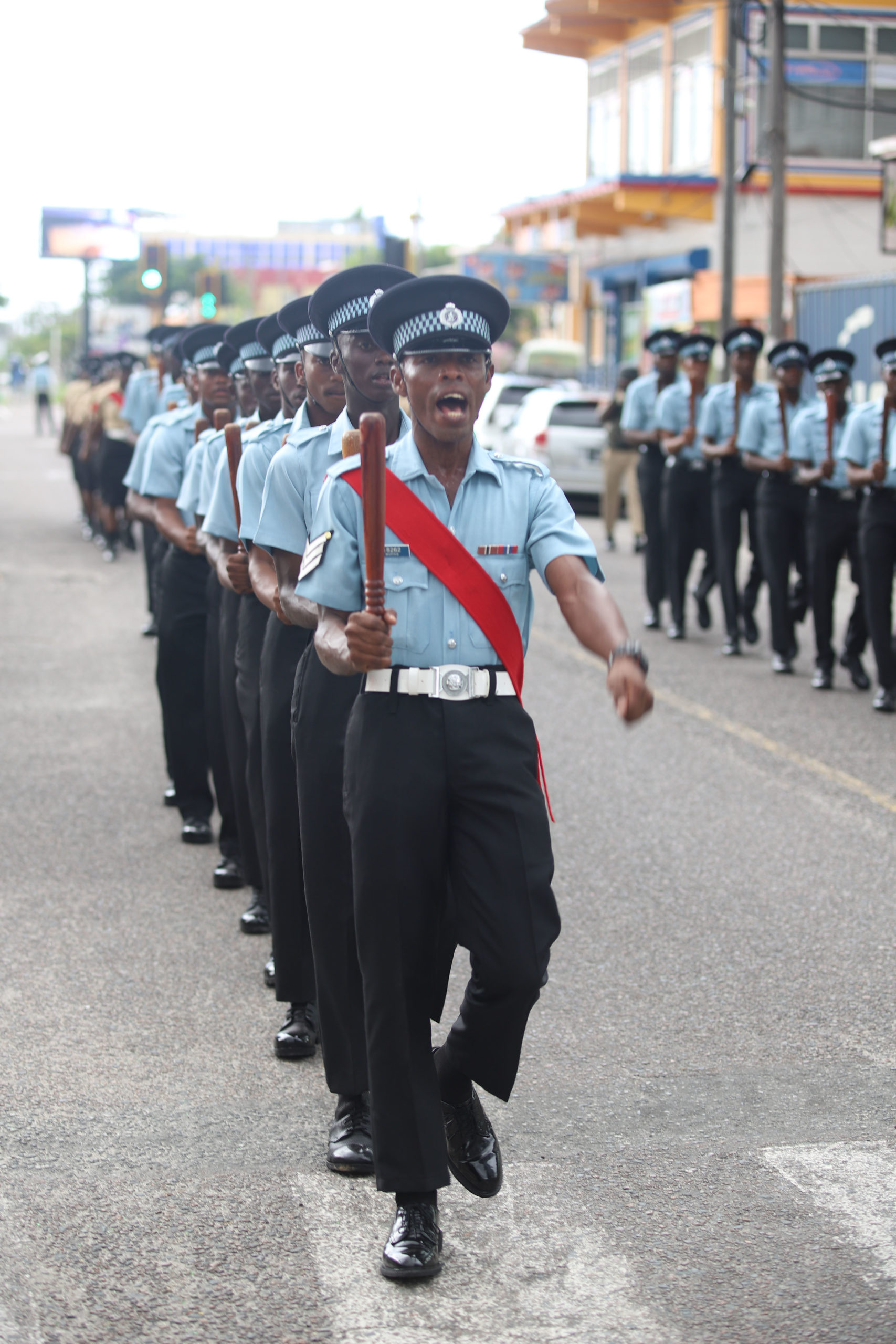Research Team
Crime and Justice Policy Lab, University of Pennsylvania
Center for Problem-Oriented Policing, Arizona State University
Project Overview
Police play a critical role in promoting public safety, and there is perhaps no debate more urgent in Guyana—and in the broader region of Latin America and the Caribbean—than the question of how to support local police forces in their efforts to reduce crime and violence and strengthen the rule of law.
Efforts to reform police departments and improve relationships between police and communities are increasingly utilizing procedural justice training, which is grounded in the idea that if police explain the reasons for their actions and treat citizens with dignity and respect, the public is more likely to comply with laws and perceive fair treatment by officers.
In 2021, CJP partnered with USAID through the Building Evidence on Security and Community Resilience in the Caribbean program to lead a procedural justice training for the Guyana Police Force and Community Policing Group. The training and subsequent evaluation—involving officer and resident surveys—represent an important step forward in building the evidence base on what works to promote citizen security in the Caribbean.

